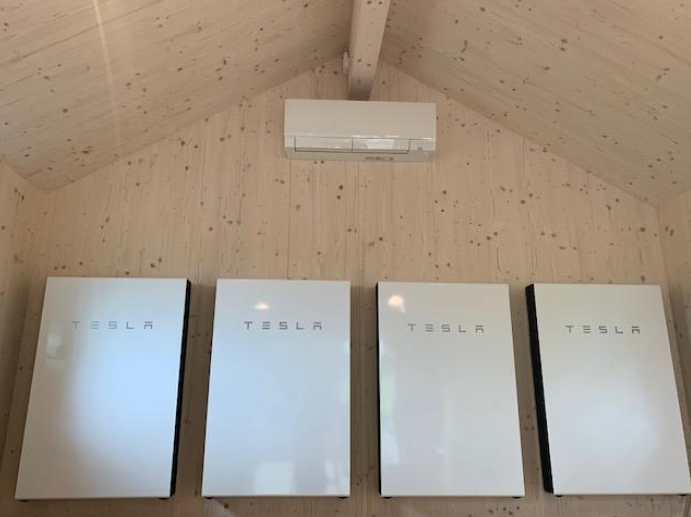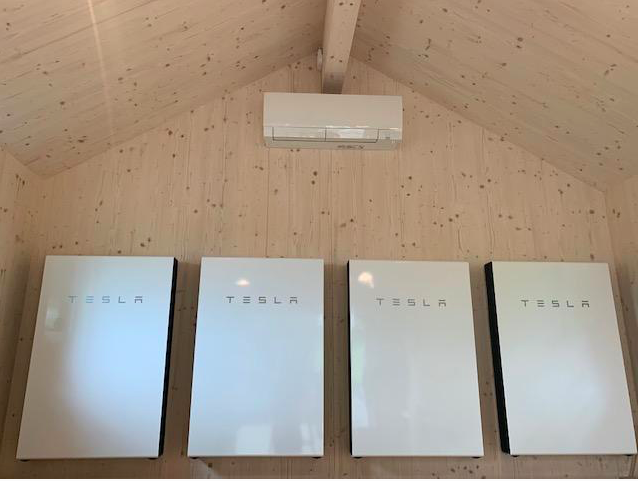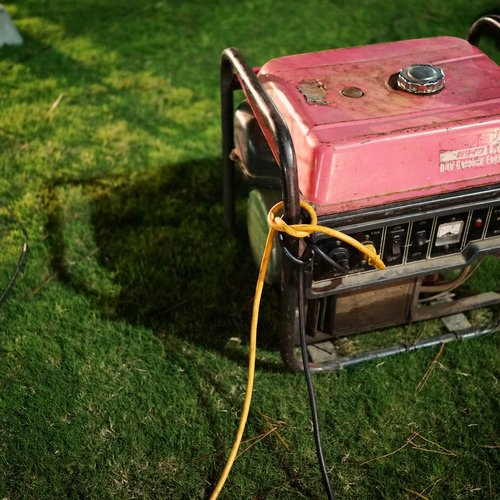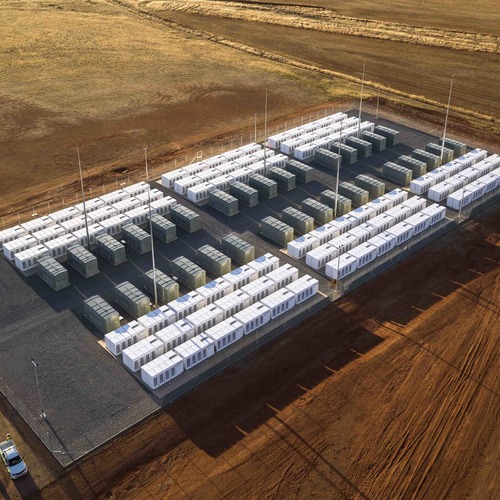
Energy storage for residential solar systems used to mean one thing—a bank of lead-acid batteries that kept the lights on for people who either by choice or by necessity lived off the grid. The batteries needed tending, required a roomy storage space, and struggled to provide enough power for appliances like electric ranges.
The falling price of lithium batteries, a media blitz by Tesla that popularized its Powerwall battery, and the growing sophistication of the solar industry has changed all of that. Solar panels paired with batteries—what the industry calls “solar plus storage”—is gaining ground with utility-scale solar projects as well as residential-sized systems. Justin Baca, the Solar Energy Industry Association’s vice president of markets and research, estimates that by 2026, 30% of residential solar installations will be paired with battery storage, up from 13% in 2021.
Batteries and related equipment push up the cost of a residential system by tens of thousands of dollars, but the benefits can be persuasive. Batteries do more than provide electricity when the grid is down. In areas where utilities have time-of-use rates, homeowners can save money by storing energy when rates are low and using the power at times of the day when grid electricity is more expensive. Where net-metering reimbursements are low, batteries allow homeowners to use more of the electricity they produce rather than sell it at a reduced price.
A range of systems
Solar-plus-storage systems vary in cost, complexity, and versatility. Batteries can be added when the solar system is installed originally, or added later. At its most basic, a system consists of solar panels, an inverter that turns the direct current produced by the panels into alternating current used by household appliances, a single battery, and systems controls.
When solar panels are producing electricity, power flows first into the…
Weekly Newsletter
Get building science and energy efficiency advice, plus special offers, in your inbox.

This article is only available to GBA Prime Members
Sign up for a free trial and get instant access to this article as well as GBA’s complete library of premium articles and construction details.
Start Free TrialAlready a member? Log in















10 Comments
Thanks Scott - as usual lots to chew on.
I know next to nothing about this. What do you think the most efficient way to boost the amount of time you can run on this system would be if you included generator back-up as a supplement?
Malcolm,
If you run a properly sized generator as a supplement, you can run as long as fuel for the generator holds out. Effectively, the generator would kick on when the battery runs out. But now you've paid for 2 separate backup systems and that's not cheap. And generators need lots of maintenance even (or especially) when they are not running very often. Martin's article about the death of off-grid living touches on these subjects quite a bit.
IMVHO, if you want your power system to survive the apocalypse and you have access to an unlimited fuel source, a generator is still the best (cheapest) option. I seems odd to simply throw away any power that the solar system is supplying when the grid is down, but at the cost of battery backups, the generator option is still the cheapest and it provides nearly unlimited duration. OTOH, if your power outages are mostly of the less than 24 hour variety, a battery backup is great. Also, if you have a backup-backup source of heat (like a woodstove), you can survive even multi-day outages in cloudy weather by carefully managing your electric use.
Unfortunately, like most things solar, there's no one-size-fits-all solution.
Thanks Peter,
I'm lucky enough to live on the road with the most outages per year in BC. We average around 25, most quite short (4 to 8 hours), but occasionally much longer. Many people here have moved from the small gas fed generators I still use to propane powered ones, which are fairly maintenance free, and don't need frequent refilling.
What I wondered is whether there was a way to integrate a small portable generator into the battery backup systems Scott described so you could extend their usefulness over a longer period. Whether it made sense to either help re-charge the batteries faster, or relieve them of the loads while the solar did that.
My Honda 1000 is over 20 years old, and all I've ever done to it is change the oil and filters. It does get run regularly though.
I don't see a reason you couldn't integrate a small generator with batteries using an inverter with a generator input. Small generators won't have the convenience of an automatic start, so you'd need to start and stop the gen manually.
I doubt it makes sense to recharge the batteries much but probably makes sense to run the gen when the batteries are getting low. LFP (and many lithium ion batteries) start experiencing more reduced lifetime below 20% SOC, so that's where I'd start running a gen until the batteries get above 30% or some other convenient SOC.
Enphase battery backup systems allow for generators to be connected to back up the batteries:
https://enphase.com/installers/storage/generator
danjs,
Thanks. That package has everything integrated.
It's a bit weird to me to make the assumption that gas, propane, etc. are an unlimited fuel source when they can be some of the first things to run out during an "apocalypse" scenario due to the supply chain and infrastructure; whereas solar will not run out.
frontrange,
Thanks for the reply to my generator question. That makes sense to me.
I'm thinking of the odd week long outage that is made much more bearable when you are feeding from a large propane tank, rather than re-filling a gas powered one three or four times a day. During the true "apocalyptic" outages I'll be too busy hunting my neighbours for food.
Perhaps you meant "lithium iron phosphate (LFP)" rather than "lithium ion phosphate".
Corrected. Thank you for pointing out the typo.
Log in or become a member to post a comment.
Sign up Log in